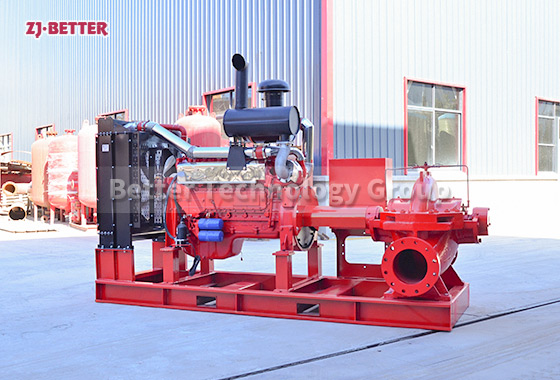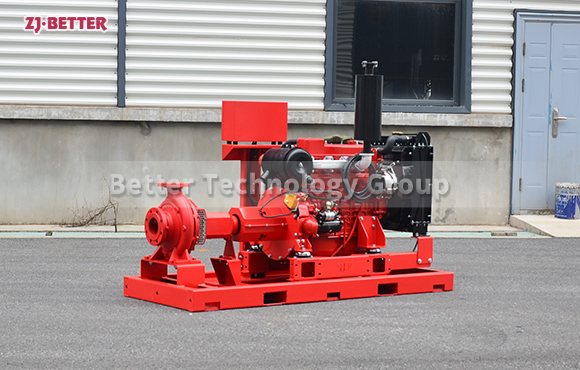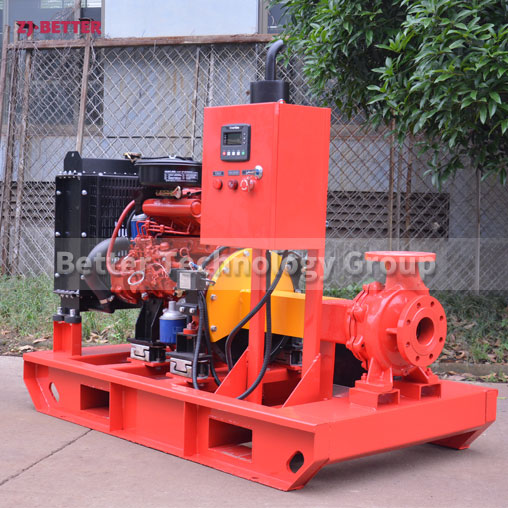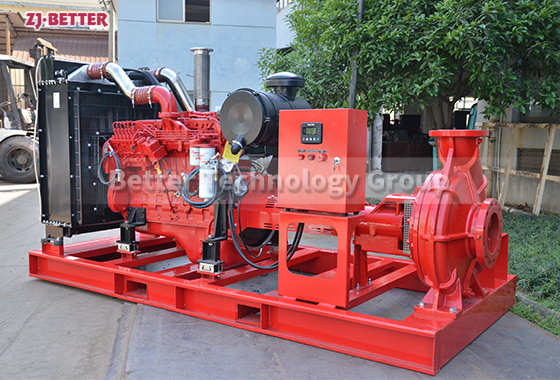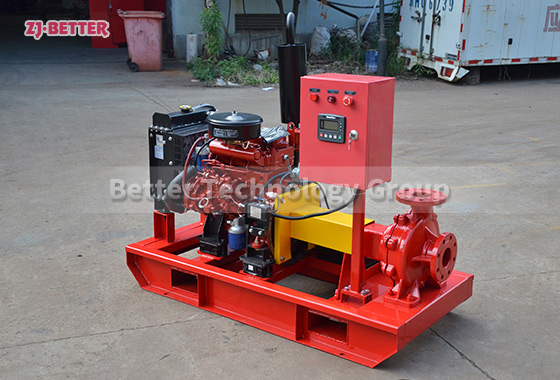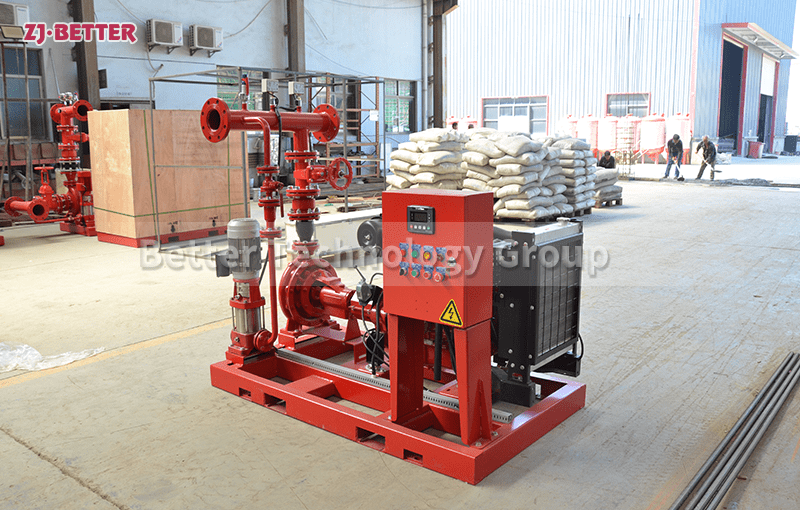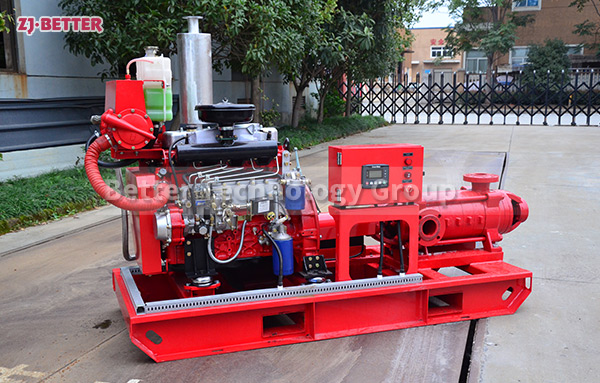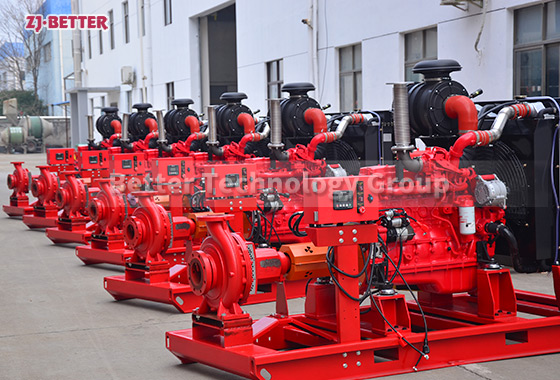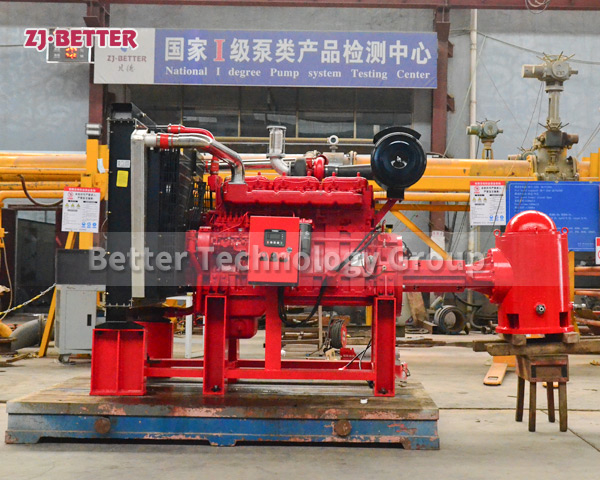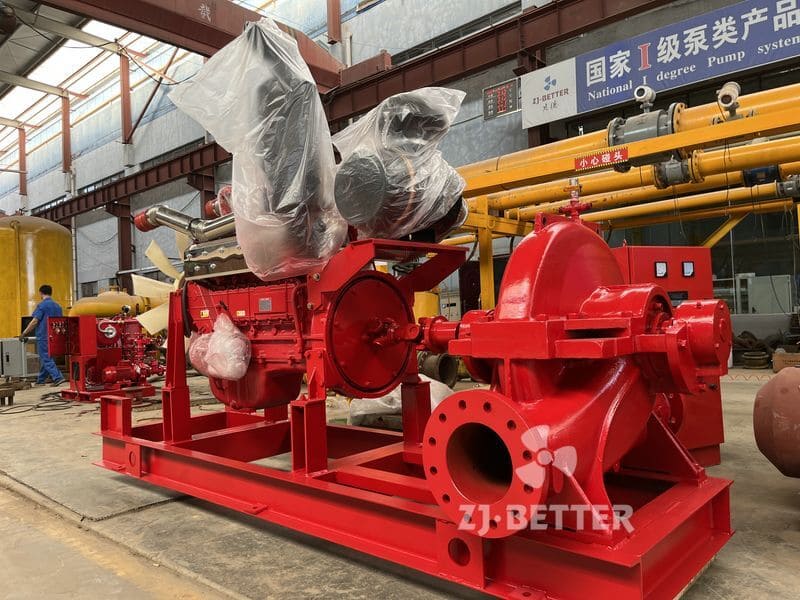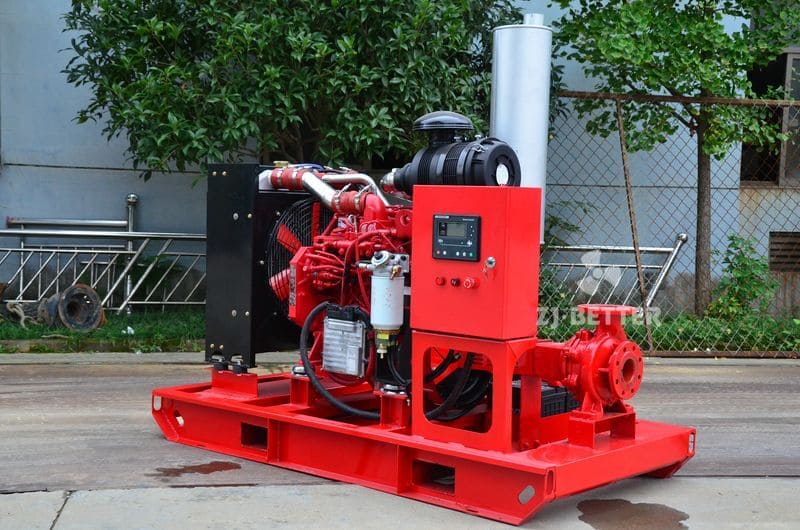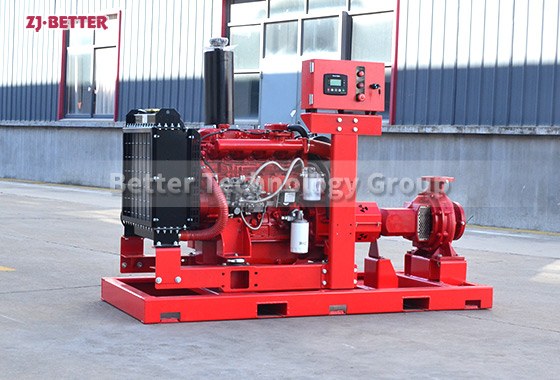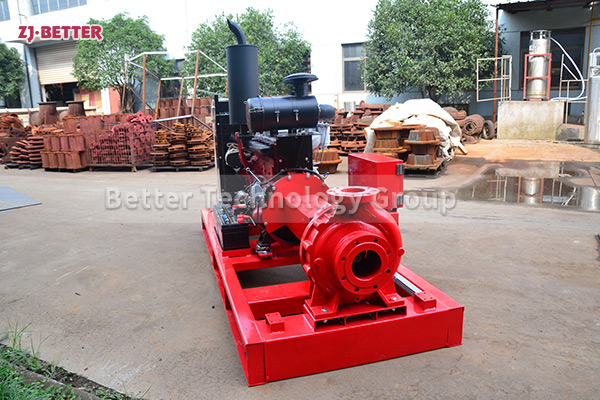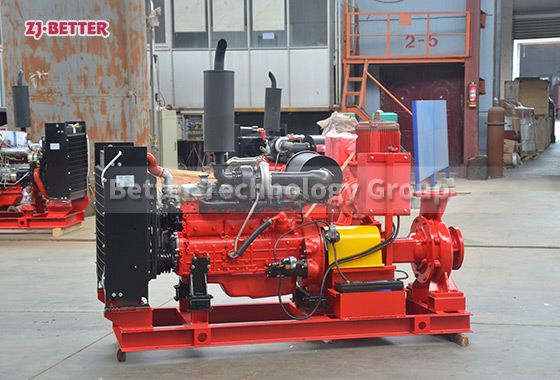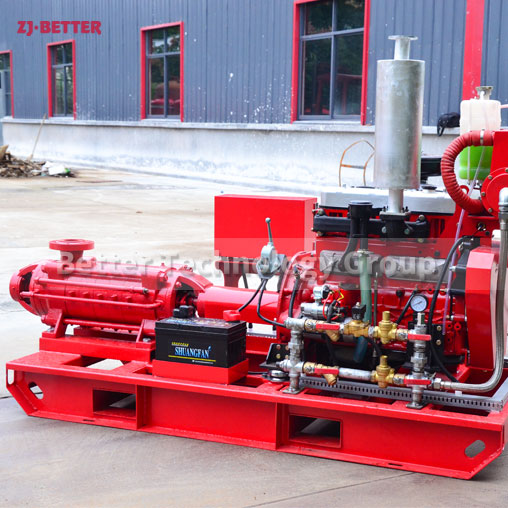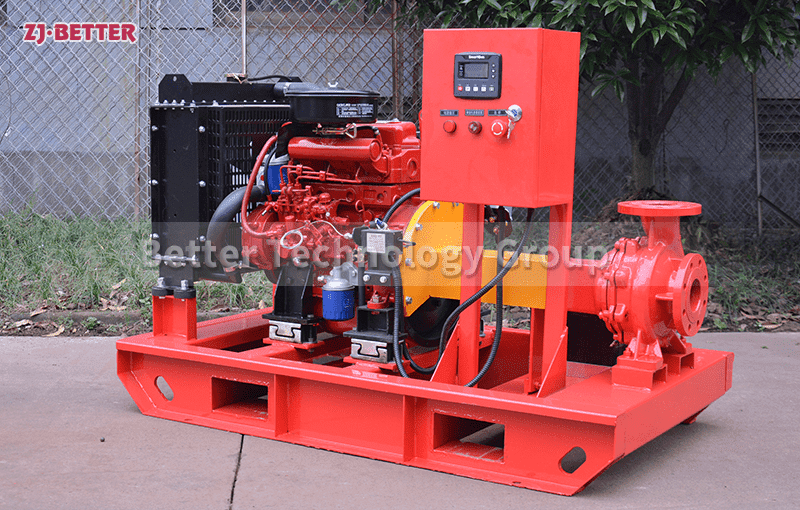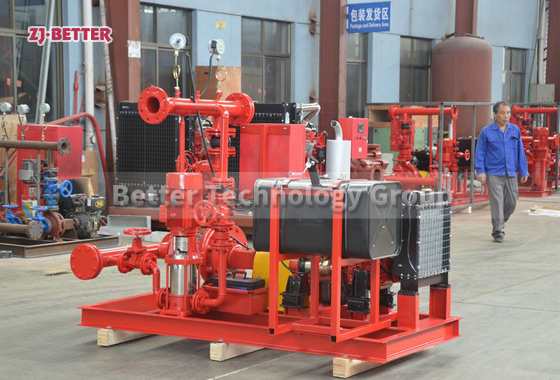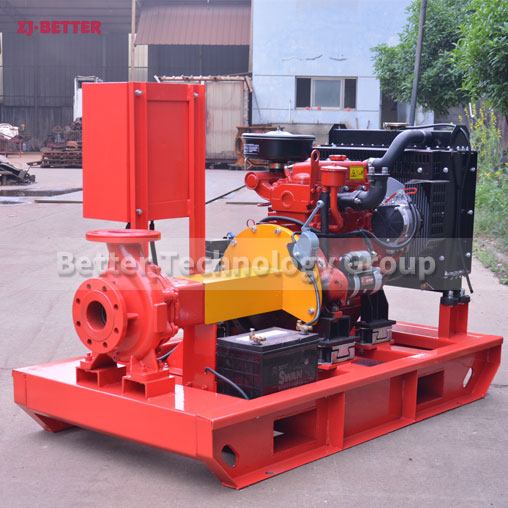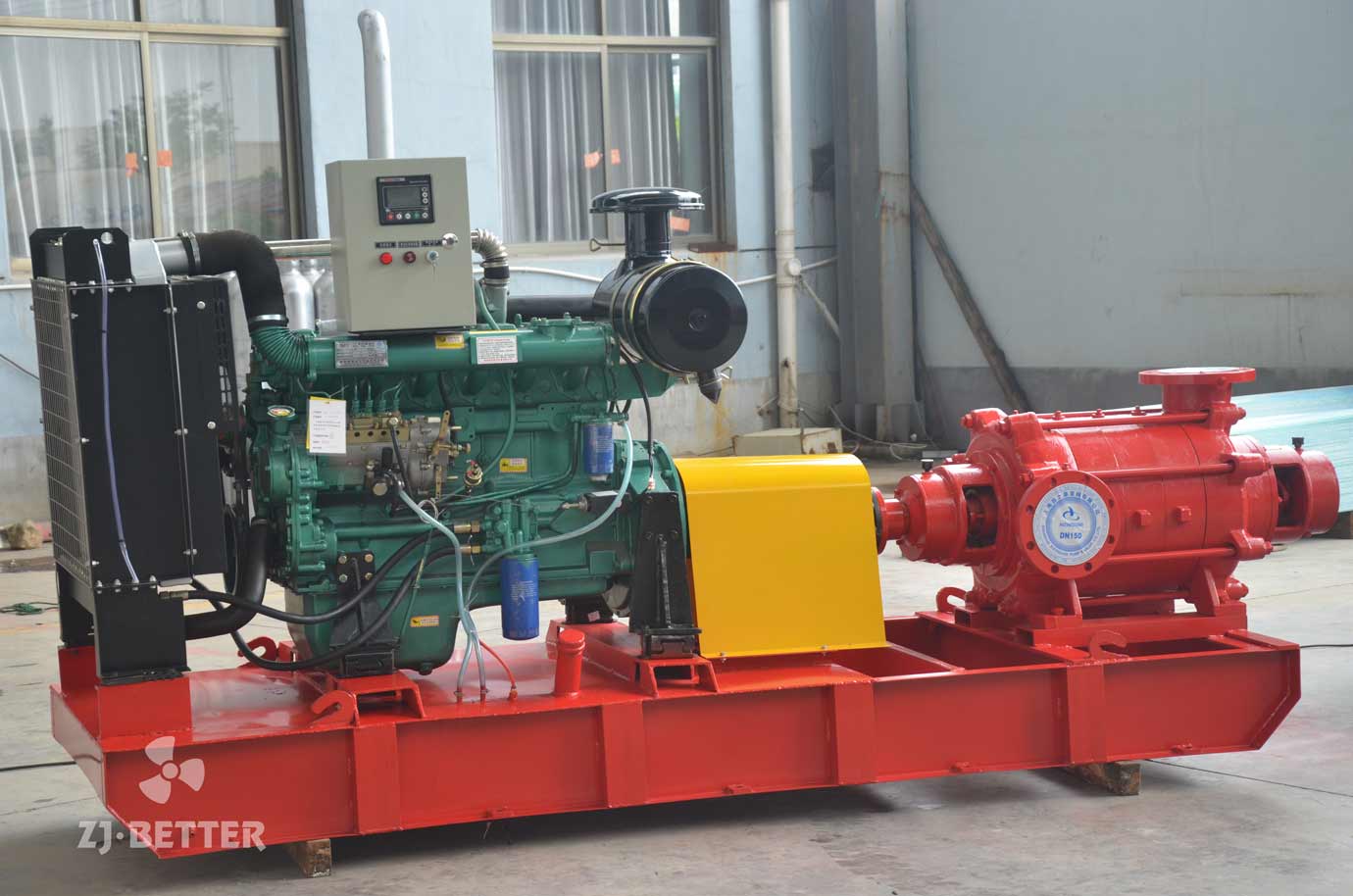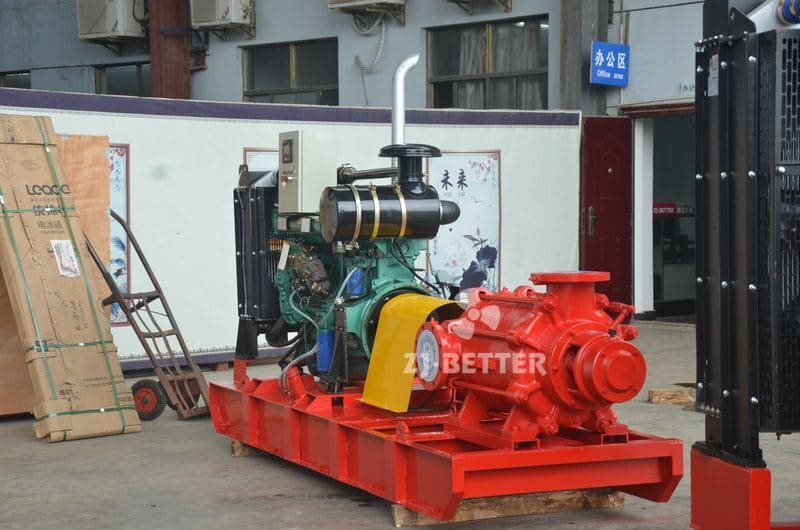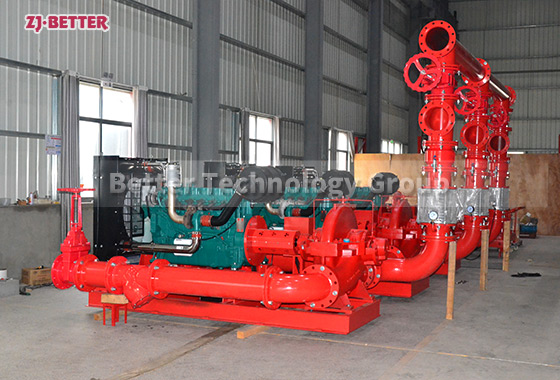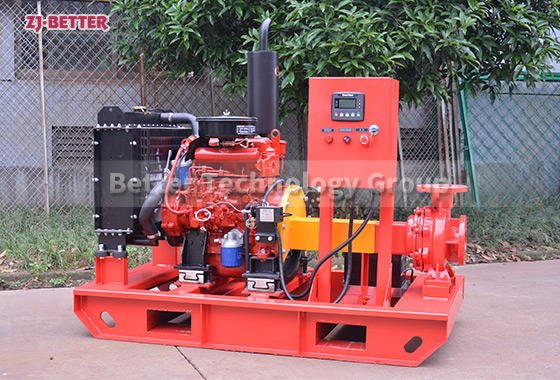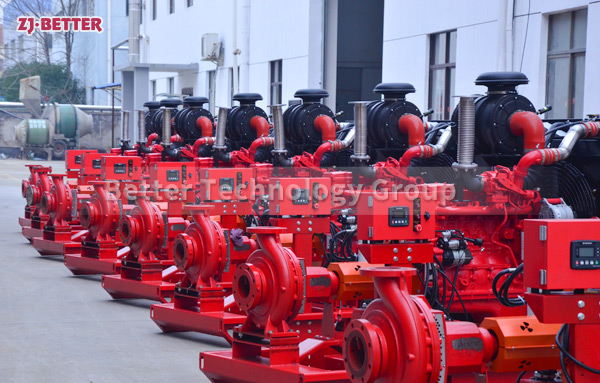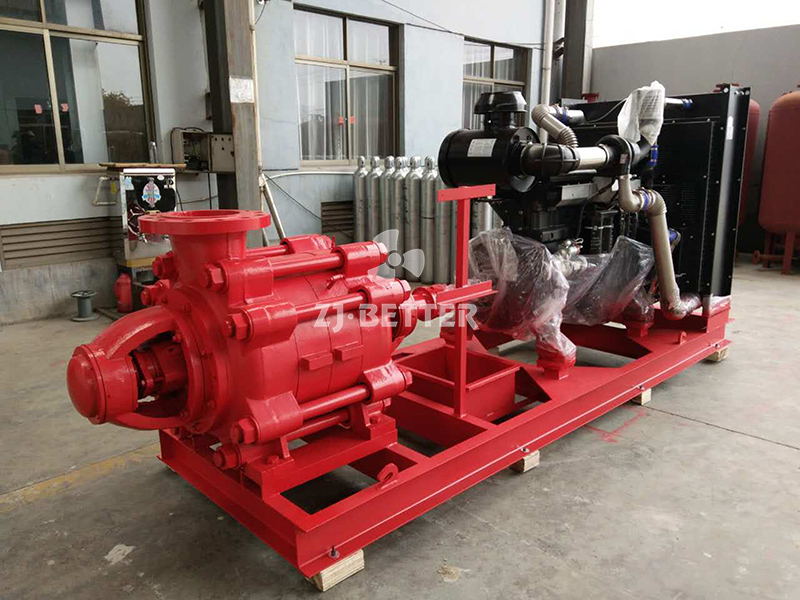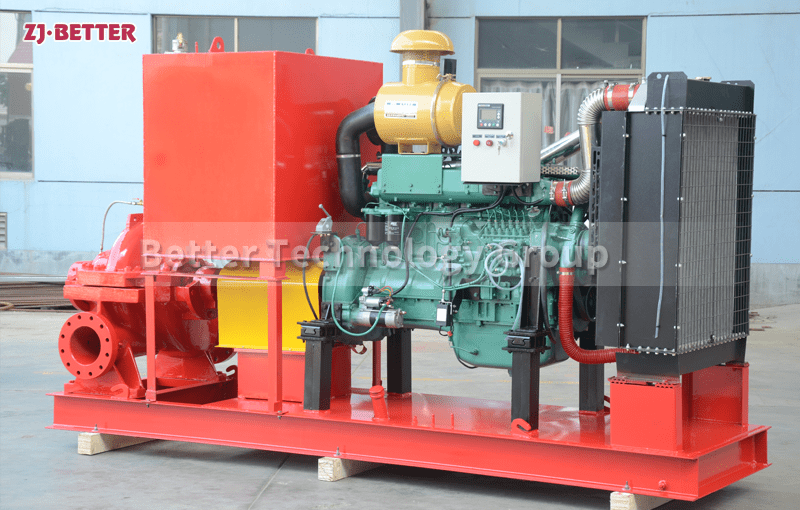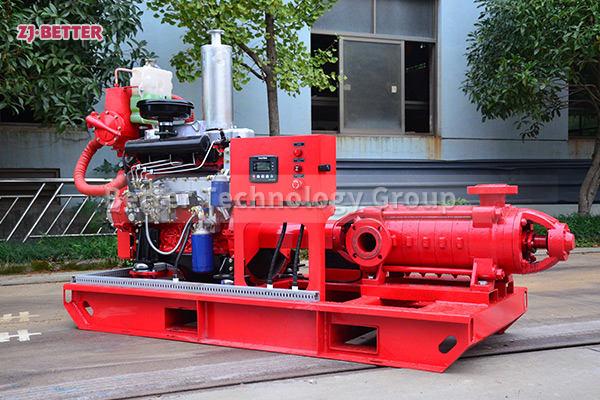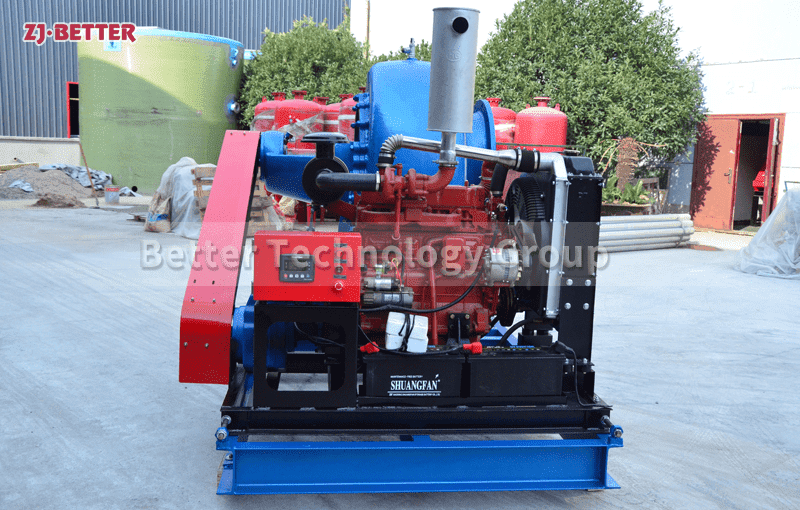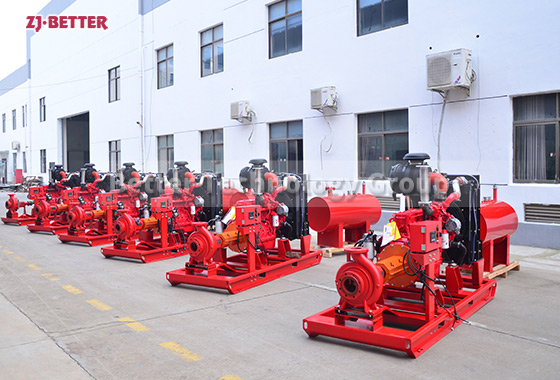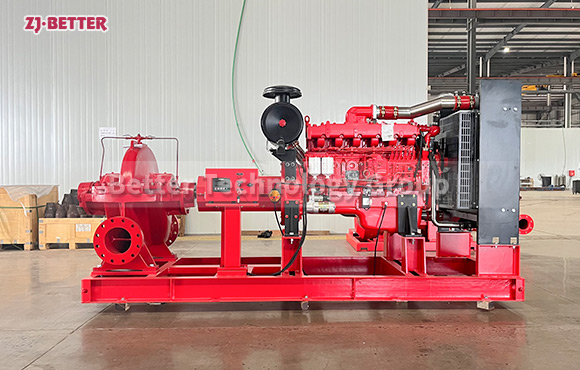How often should you run a fire pump?
The frequency of running a fire pump, also known as a “fire pump churn test” or “fire pump test,” is typically recommended on a regular basis to ensure that the pump is in good working condition and can perform its critical role in fire protection when needed. The frequency of these tests can vary depending on the specific regulations, codes, and guidelines of the local jurisdiction or the recommendations of the equipment manufacturer. Here are some general guidelines:
The frequency of running a fire pump, also known as a “fire pump churn test” or “fire pump test,” is typically recommended on a regular basis to ensure that the pump is in good working condition and can perform its critical role in fire protection when needed. The frequency of these tests can vary depending on the specific regulations, codes, and guidelines of the local jurisdiction or the recommendations of the equipment manufacturer. Here are some general guidelines:
- Monthly: Some fire safety experts recommend conducting a monthly churn test, where the fire pump is operated for a short period, typically around 10 minutes, to ensure it starts and runs smoothly. This test helps identify any obvious issues with the pump, such as leaks, abnormal noises, or malfunctioning components.
- Annual: Most fire codes and standards require an annual full-load test of the fire pump. During this test, the pump is operated at its rated capacity (i.e., maximum flow rate and pressure) for a duration specified by the code, typically around 30 minutes. This comprehensive test ensures that the fire pump can handle its intended firefighting duties effectively.
- Weekly: Some fire pump systems have a weekly automatic start-up sequence, where the pump runs briefly for a few seconds to ensure it remains functional and prevent any mechanical issues due to prolonged inactivity.
It’s crucial to follow the recommendations provided in local fire codes, National Fire Protection Association (NFPA) standards (such as NFPA 20 – Standard for the Installation of Stationary Pumps for Fire Protection), and the manufacturer’s guidelines for the specific fire pump model. Regular testing and maintenance of fire pumps help ensure their reliability during emergencies and compliance with safety standards. Additionally, any deviations from the recommended testing schedule should be documented and addressed promptly.

